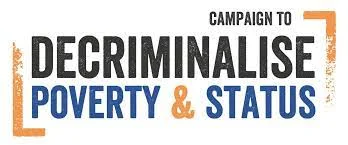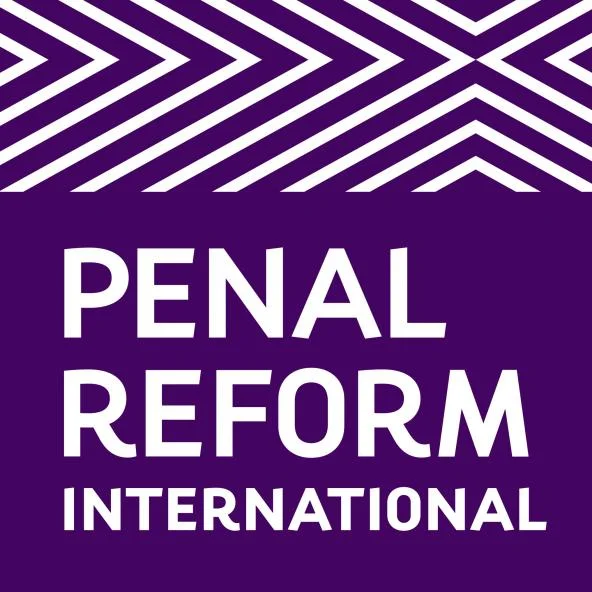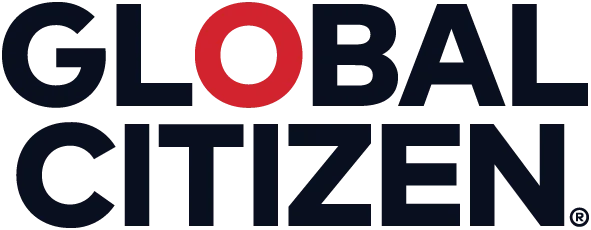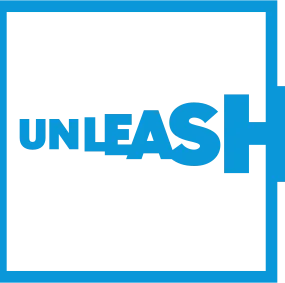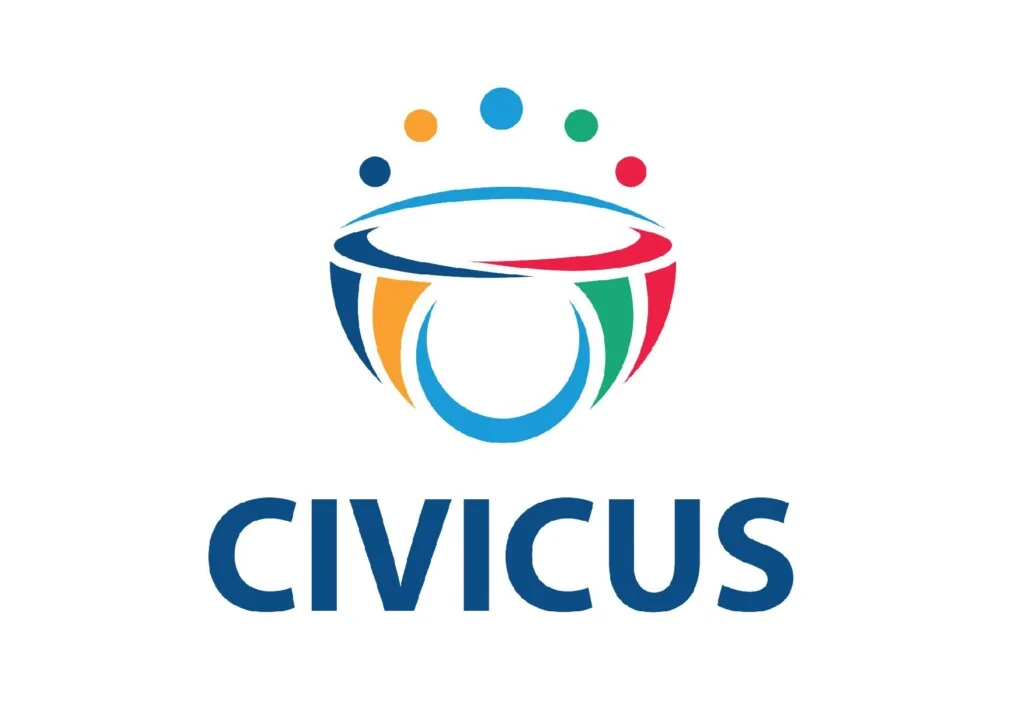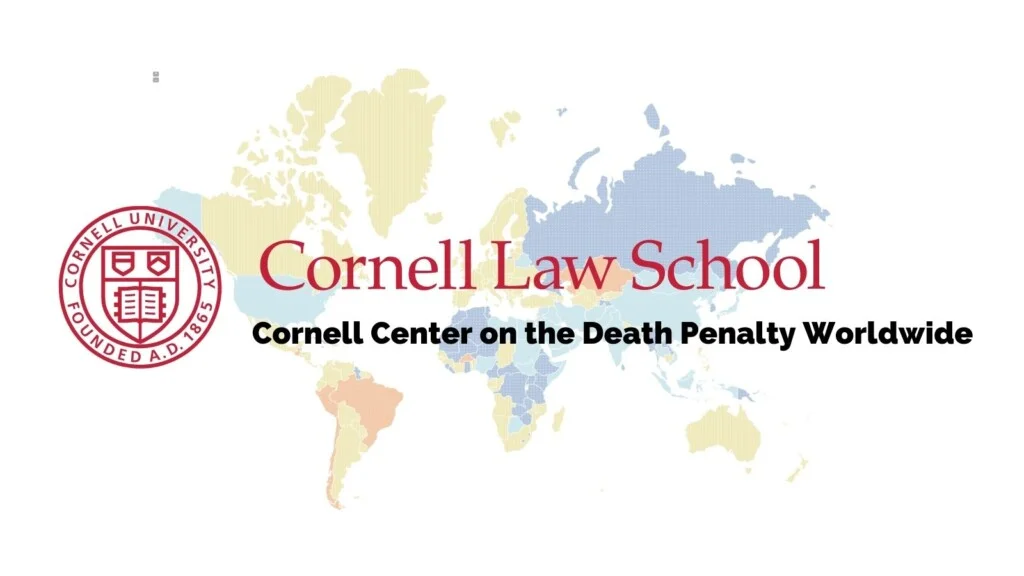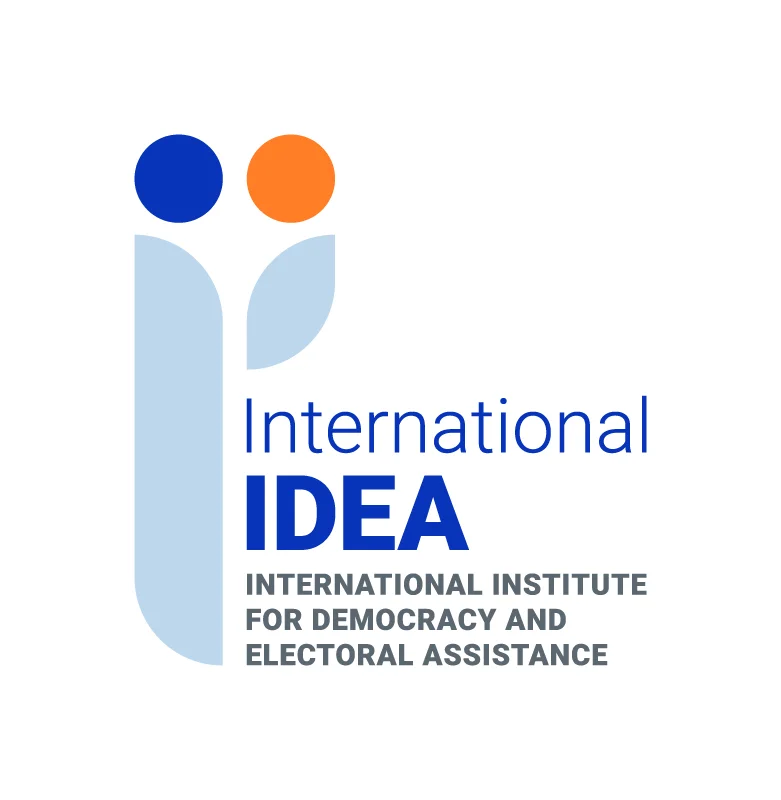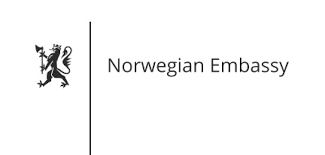In Africa, poverty is too often punished with prison. Nearly 70% of people in African prisons are pretrial detainees, many locked away for years not because of proven guilt, but because they cannot afford bail, pay for a lawyer, or navigate slow and under-resourced courts. In addition, across the continent, citizens face arbitrary arrests and prolonged detention for exercising their rights to expression, assembly or religion. This entrenches a widening justice gap and erodes public trust.
Instead of delivering fairness, the justice system is routinely weaponised to protect power rather than people, perpetuating discrimination, torture, and widespread exclusion from social, political, and economic life. Inside prisons, the crisis is compounded by the near absence of d reformation programmes. Overcrowded, underfunded facilities function more as warehouses of human suffering than places of correction, leaving people to languish without skills, support, or pathways for reentry back to society. Women and children bear the sharpest edge of these failures, with gender inequities leaving them disproportionately criminalised, harmed, or excluded.
Injustice does not stop at prison walls. When poverty or status is criminalised, families are torn apart, children inherit cycles of disadvantage, and whole communities are destabilised. Overcrowded prisons without rehabilitation produce more crime, not less, leaving societies less safe. And when civic and digital freedoms are repressed, everyone’s voice is at risk. If the justice system can be weaponised against the most marginalised today, it can be turned against anyone tomorrow.


A world where the justice gap is closed and societies are safer and fairer for all.
We address the injustices that leads to the imprisonment of the poor and vulnerable, working alongside communities and state actors to design sustainable solutions that close the justice gap.
Nigerian criminal justice system unfairly impacts the economically vulnerable, causing widespread rights violations from law enforcement to imprisonment. This systemic injustice contributes to a surge in awaiting trial syndrome, overcrowded prisons, and increased recidivism, exacerbated by a lack of effective reformation and rehabilitation efforts within an unsupportive correctional environment.
At the core of our solution is a people-centred approach that diverts individuals who have no business being in prison away from the system and prioritises creating an enabling correctional environment that fosters reformation and reduces recidivism. This is crafted innovatively around the 3 P’s – Prevent, Provide and Preserve.
We use preventive justice, restorative justice and other filtering measures to stop unnecessary entry into the criminal justice system.
We provide a technology-driven pro-bono system that creatively employs alternative dispute resolution methods for criminal cases. We also design model empowerment and rehabilitative interventions to foster the reformation and reintegration of justice-impacted persons.
We deepen collaborative efforts with diverse components of the criminal justice system, community leaders, and other stakeholders to promote sustainability and encourage collective ownership of the solution.
We challenge unlawful detention and arbitrary arrests by providing free legal aid and rapid response support, ensuring that no innocent person is left to languish behind bars. Beyond individual cases, we drive systemic reforms that prevent future abuses, holding institutions accountable so that justice becomes fairer, faster, and more transparent. In this work, we engage security agencies, correctional authorities, and the judiciary to transform how they uphold rights.
Working alongside correctional officers, chaplains, and community leaders, we build a culture of rehabilitation that addresses the root causes of incarceration and prevents people from being cycled back into the criminal justice system. We do this by equipping people with vocational skills, reformation support, and community-based reintegration that prevents unnecessary re-imprisonment.
As repression moves online, we safeguard digital freedoms while promoting safe and responsible use of technology. We confront arrests and detentions linked to online expression. At the same time, we equip communities with the knowledge and tools to prevent harmful practices such as tech-facilitated violence or online exploitation that can lead to imprisonment. In this space, we also work with regulators and state actors to create frameworks that protect rights while enhancing safety.
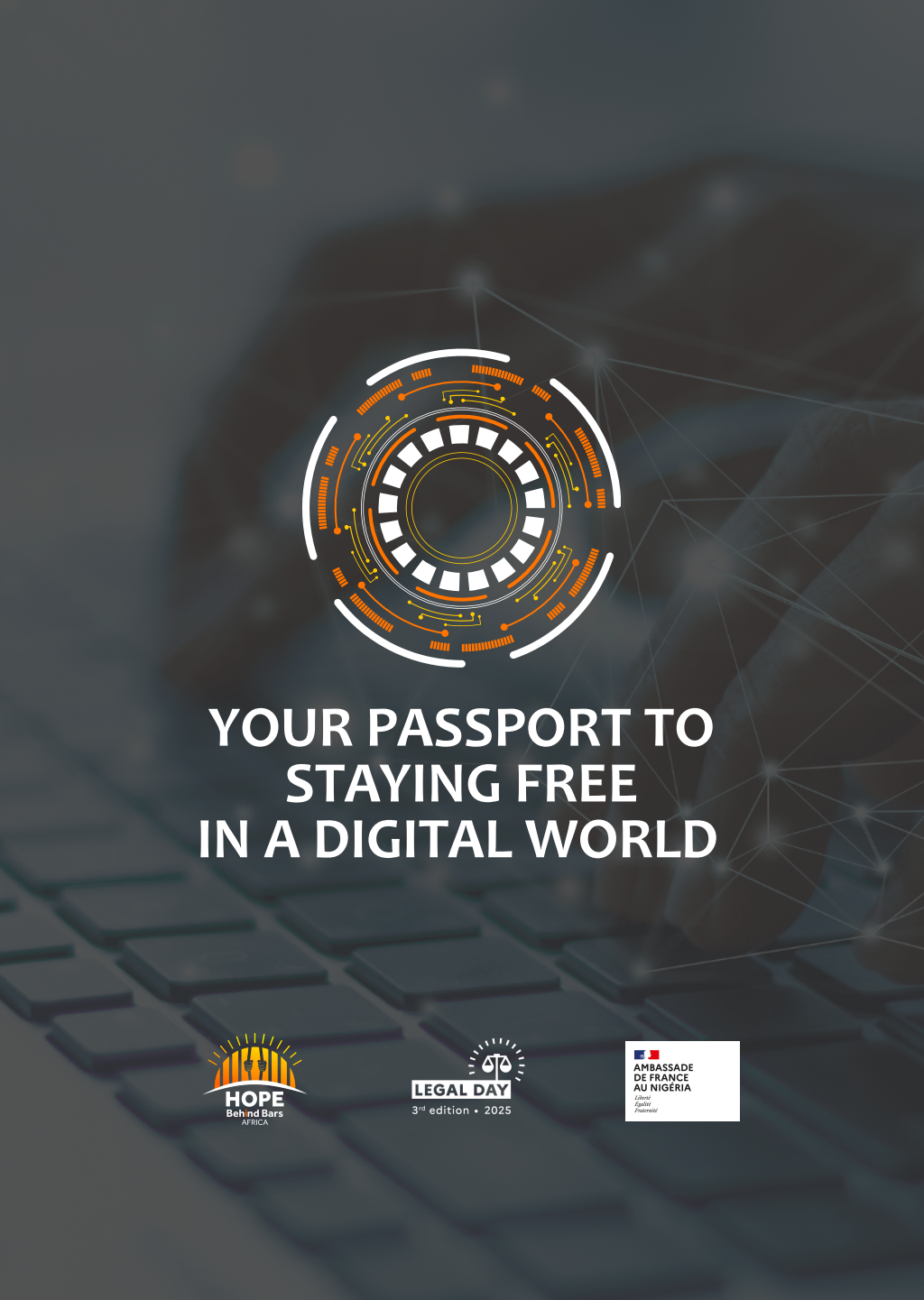
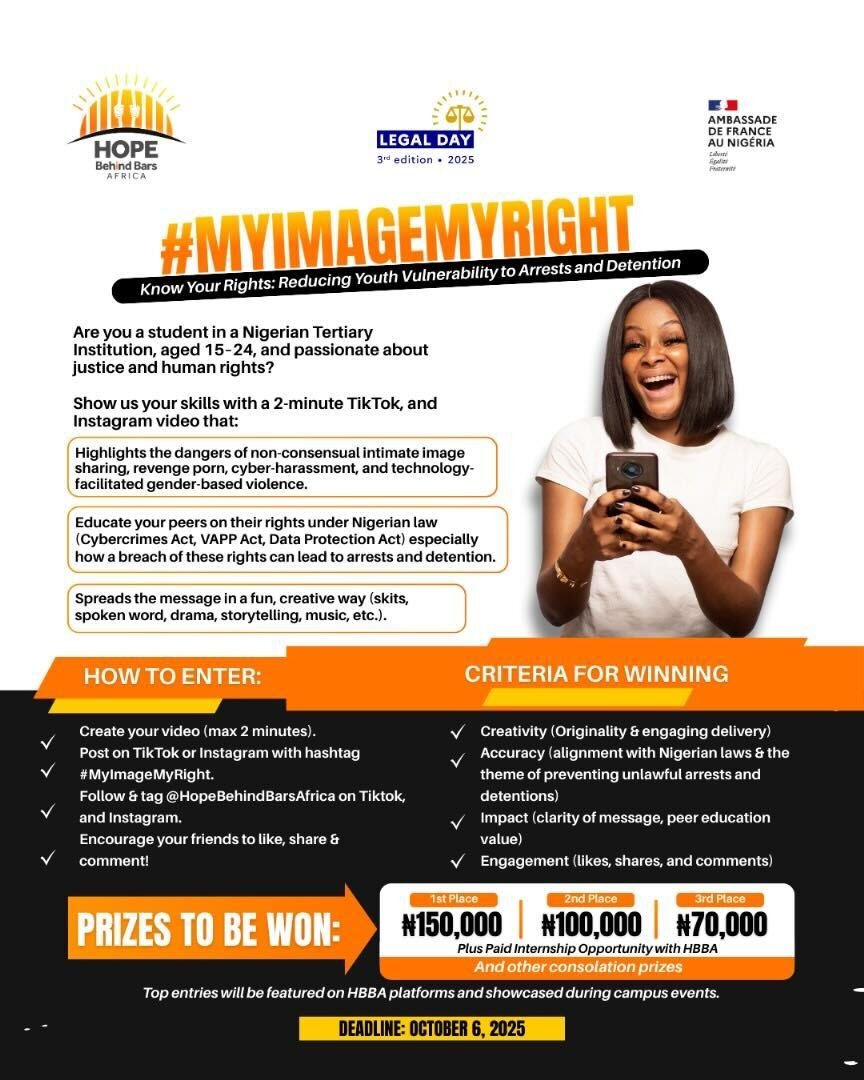
We design the future of justice using data and technology. By tracking patterns of unlawful arrests, building tools for early legal response, and generating evidence, we prevent arbitrary detention before it occurs. Our lab transforms information into reform, ensuring that justice solutions are proactive, scalable, and sustainable. We collaborate with state institutions and justice sector actors so that evidence-based insights translate into policy change and better practices on the ground.
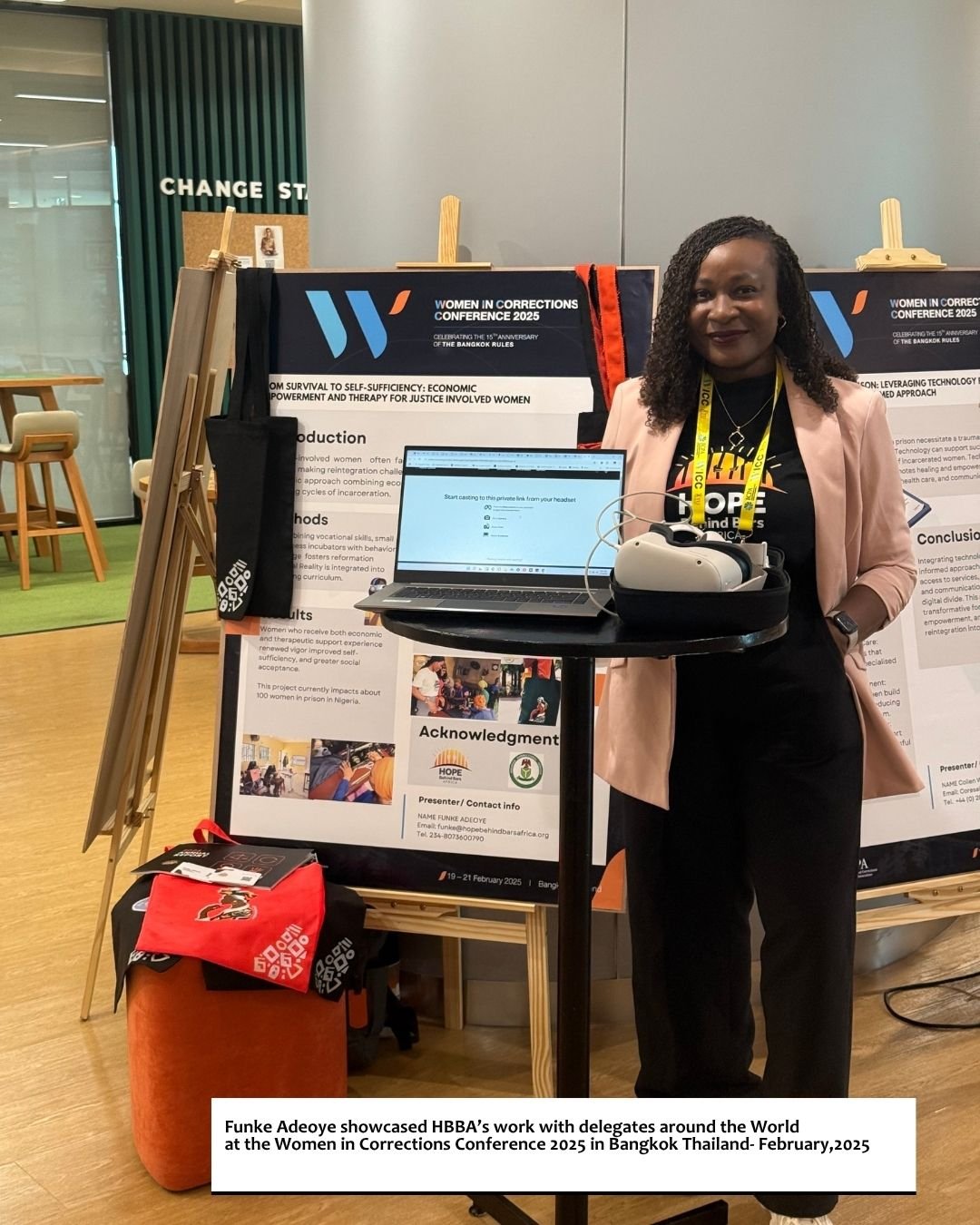
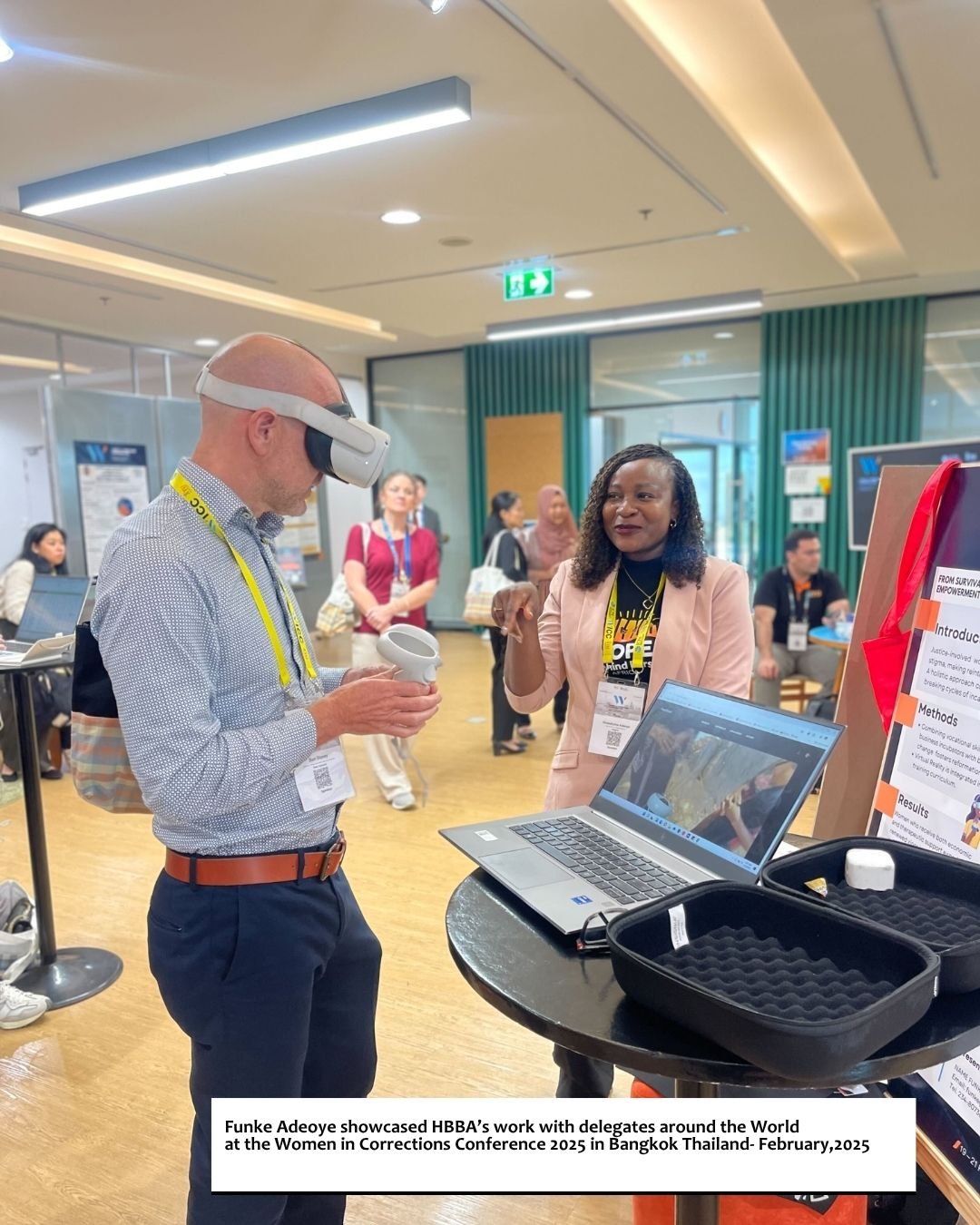
We defend freedoms of expression, association, assembly, and belief especially as it relates to arrests and detention and remind people of their power by equipping them with rights education Through legal defence, advocacy, and policy engagement, we resist the shrinking of civic space, ensuring that citizens and movements can organize without fear of arbitrary repression. We also engage state institutions from law enforcement to regulators so that the protection of civic freedoms becomes a shared mandate, not a contested battleground.
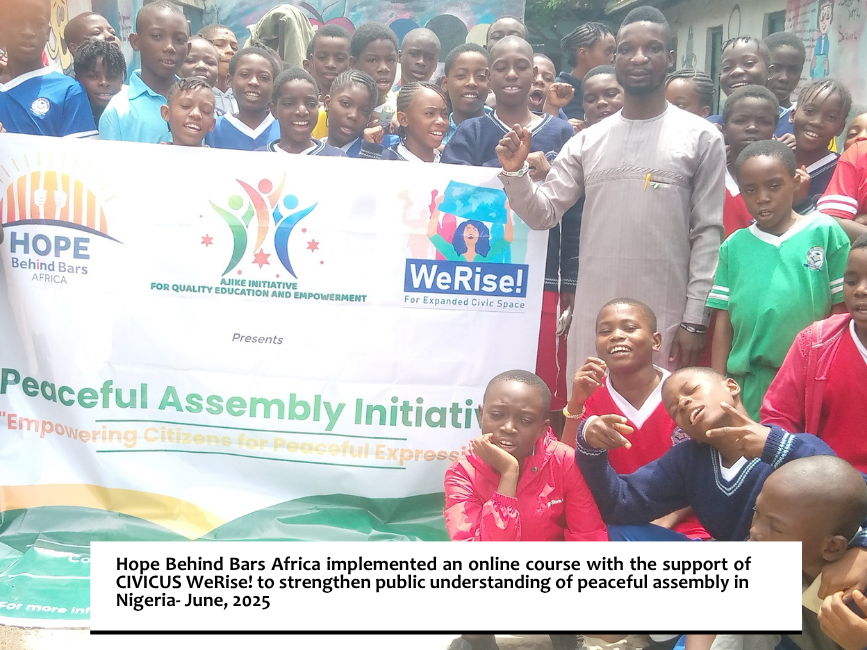
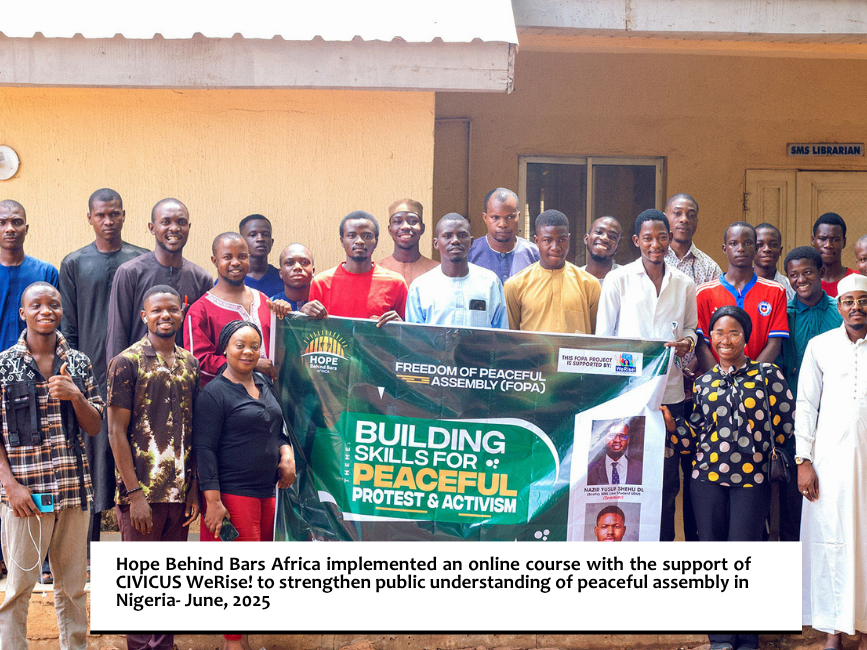
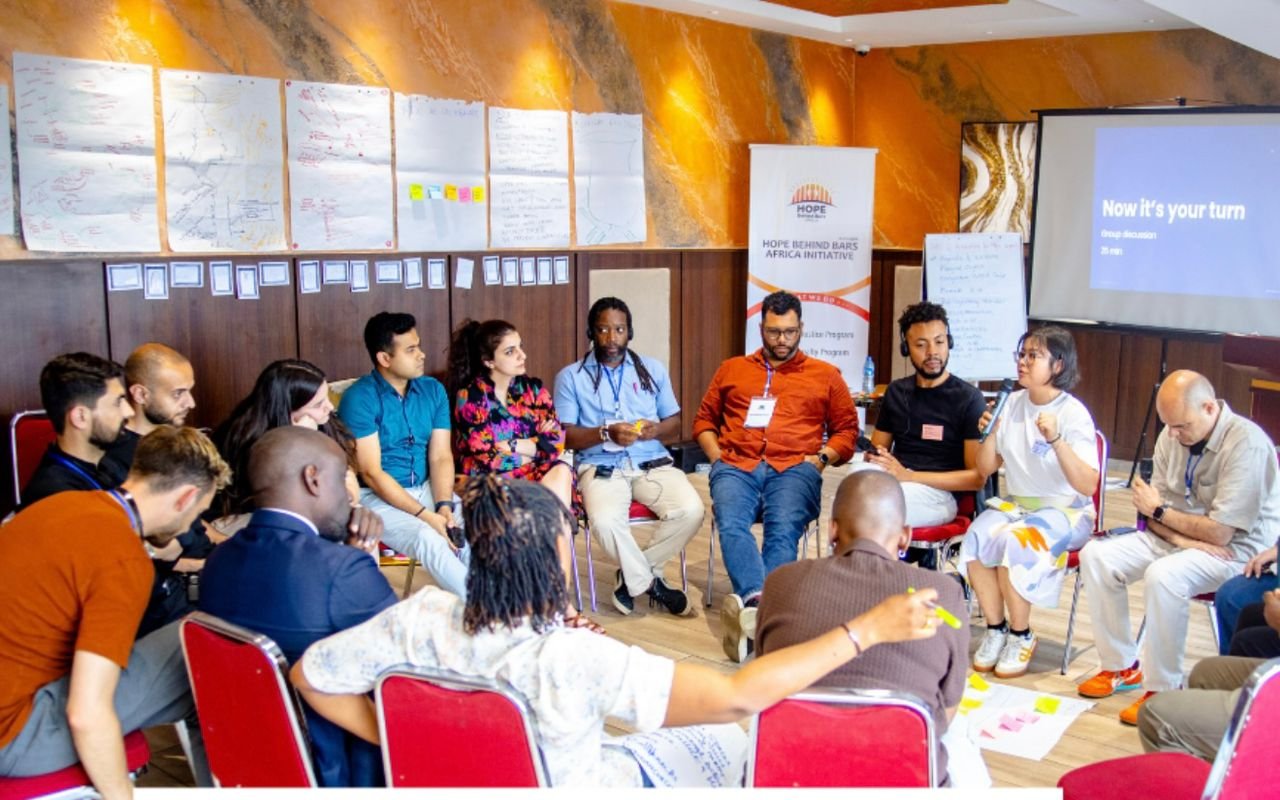
We are African and women-led, and our team includes people who have been directly impacted by the system
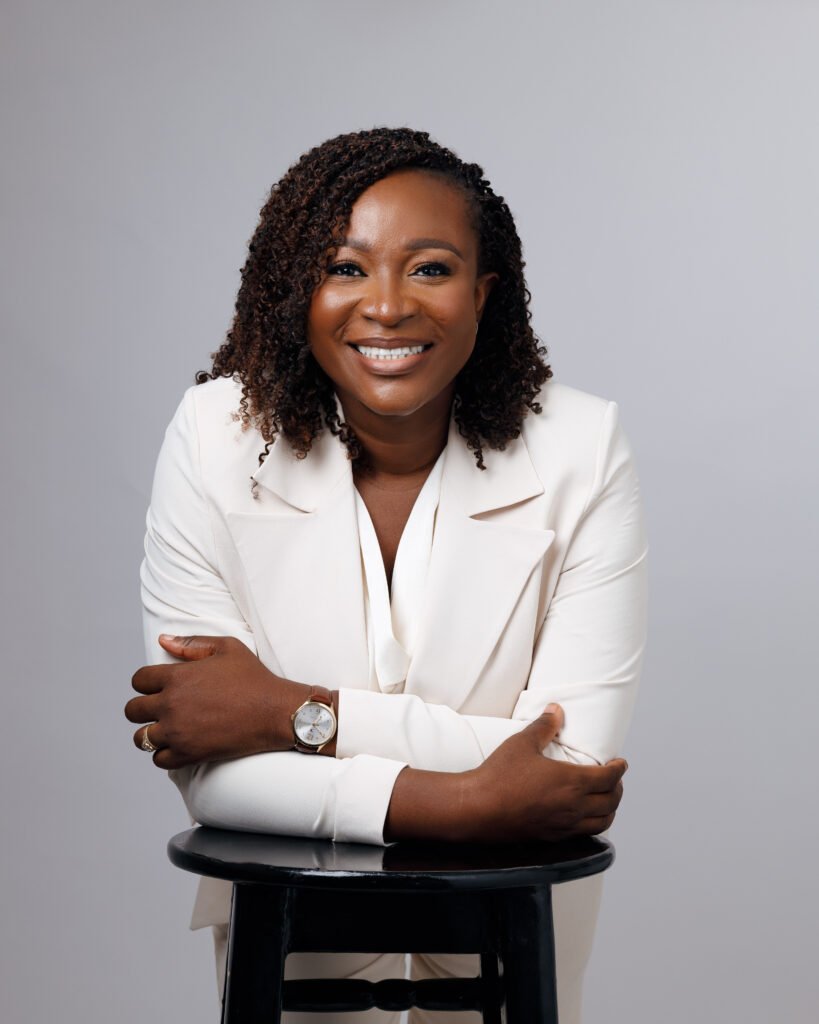
Our founder’s childhood was adversely impacted by the criminal justice system in Nigeria, as her father endured detention for a crime that he did not commit. Motivated by a desire for change, she chose to pursue a legal education to confront the inequities inherent in the justice system. Oluwafunke Has A Background In Law From The University Of Benin and an Msc in International Human Rights Law from The University Of Oxford. . She has worked as a lawyer for over a decade, combining innovation and brilliance with the mission to create systemic change. ‘Funke is an alumnus of the Non-Profit Management Programme at Lagos Business School and the Civic Leadership Program at the University of Georgia being one of the top 1% Africans selected as a 2023 Mandela Washington Fellow. She is also a 2023 Acumen West Africa and was honoured with the prestigious Global Citizen Waistliz Prize in 2023.
Lead, Edo state Office
Program Manager
Monitoring & Evaluation Lead
Finance Lead
Programs Officer, Access to Justice
Communications Officer


